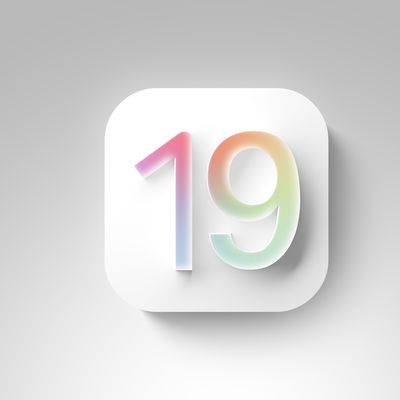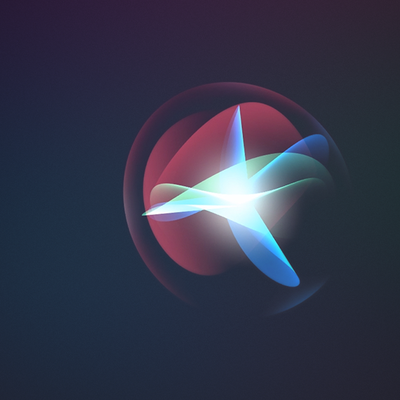Apple Accused of Not Doing Enough to Comply With South Korean App Store Law
Apple is not doing enough to comply with South Korean legislation that forbids app store operators from forcing developers to use their payment systems, according to lawmaker Jo Seoung-lae, Reuters reports.

Via an amendment to the Telecommunication Business Act, South Korea is the first country endeavouring to stop developers from being forced to use a single payment system offered by app store operators. The law came into effect in September, but the exact details of what companies need to do to comply with it had not yet been fully drafted.
This month, Apple reportedly told the South Korean government that it was already complying with the new law and did not need to change its App Store policies. Jo Seoung-lae, the lawmaker who spearheaded the amendment, told Reuters:
Frankly, we are not satisfied... Apple's claim that it's already complying is nonsensical. Excessive fees take away developers' chances for innovation ... parliament is to be closely informed as the government drafts detailed regulations to make sure there is accountability.
It is as yet unclear how platform operators will be sanctioned if the regulations are breached, but according to a draft seen by Reuters, it could involve fines of up to two percent of revenue.
The initial details of what Apple will need to do to meet its new obligations in South Korea are expected to be made public by the Korea Communications Commission (KCC) tomorrow, ahead of them coming into full effect by March 2022.
In an interview at the Global Conference for Mobile Application Ecosystem Fairness in Seoul today, Epic Games CEO Tim Sweeney renewed his ongoing attack on Apple and called for a single, universal app store.
Elsewhere, Law Street reports that an antitrust lawsuit has been filed against Apple in Northern District of California, accusing the company of charging supracompetitive prices on the App Store.
Popular Stories
The first iOS 19 beta is just one month away, and there are already many new features and changes that are expected with it.
Apple should seed the first iOS 19 beta to developers immediately following the WWDC 2025 keynote, which is scheduled for Monday, June 9. Following beta testing, the update should be released to the general public in September.
Below, we recap the key iOS 19 rumors...
Apple's upcoming foldable iPhone will feature a new type of display panel developed by Samsung that has never been used in a foldable product, claims a source with links to Apple's supply chain.
According to the account yeux1122 on the Korean Naver blog, the foldable iPhone will use a custom display process for which Apple will hold branding trademark rights, and that meets Apple's stringent ...
Apple today seeded the release candidate version of iOS 18.5 to developers and public beta testers, giving us a look at the final version of the update that will be provided to the public next week.
With the release candidate, Apple provided release notes, so we have a more complete look at the new features that are included in the update, including those that weren't found during the beta...
If you owned a Siri-compatible device and had an accidental Siri activation between September 17, 2014 and December 31, 2024, you could be eligible for a payment from Apple as part of a class action lawsuit settlement.
Apple in January agreed to pay $95 million to settle a class action lawsuit involving Siri spying accusations, and a website to distribute the funds has now been set up and...
Apple acquired Canadian startup Mayday Labs in April 2024, according to a European Commission listing, spotted by French blog MacGeneration. The acquisition had not received widespread attention from tech publications until now.
Apple is legally required to report certain acquisitions to the European Commission, under the terms of the EU's Digital Markets Act.
Mayday Labs founder Jeremy...
As promised, Epic Games today submitted Fortnite to the U.S. App Store, and if approved by Apple, it will mark the first time that the Fortnite app has been available in the United States since 2020.
Fortnite will include options to purchase in-app currency from the web rather than through in-app purchase, which is what got the game banned to begin with. This time, though, Apple has been...
Apple is working on versions of the AirPods and Apple Watch that incorporate a camera, and the devices could be ready to launch sometime around 2027, reports Bloomberg.
Apple has developed a chip codenamed "Nevis" that will be used for its camera-equipped Apple Watch, while a chip codenamed "Glennie" will be incorporated into the AirPods. Apple is aiming to have the chips ready "by around...






















